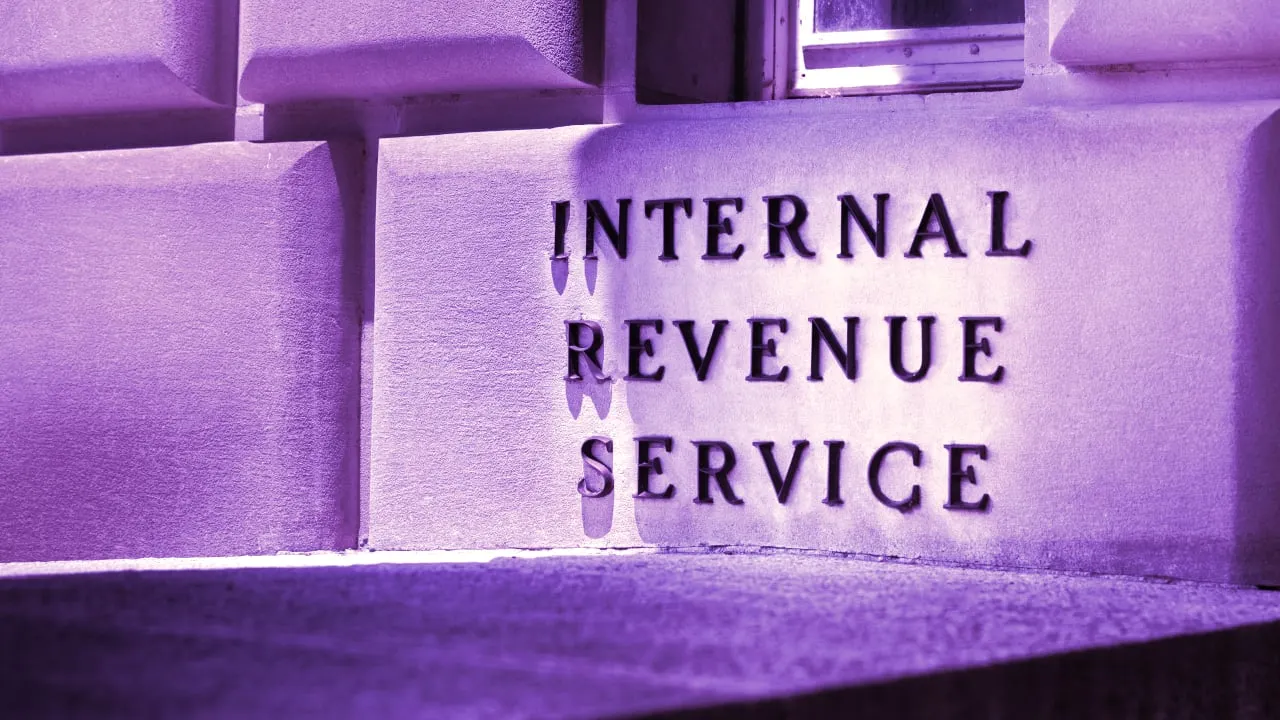The U.S. Internal Revenue Service (IRS) has given NFT investors new clarity about how the assets are set to be taxed.
As per the IRS’ 2022 tax year guide, all “digital assets,” including stablecoins, non-fungible tokens (NFTs), and cryptocurrencies are set to be taxed under the same rules.
This is a departure from the 2021 guide which used the more limited term “virtual currencies,” and solely defined the rules governing cryptocurrencies and stablecoins.
Taxpayers who have “disposed of any digital asset in 2022” through a sale, exchange, gift, or transfer will now have to report and pay capital gains tax on the action.
In addition, anyone who received NFTs as compensation for services or disposed of any digital asset that they held for sale will come to have to declare this as income.
The IRS also seems to have carefully worded the document, allowing for the taxing of any new digital asset class in the future. The agency said if “a particular asset has the characteristics of a digital asset, it will be treated as a digital asset for federal income tax purposes.”
It’s worth noting the IRS also made the decision not to classify NFTs as “collectibles”—alongside assets like collectible art, antiques, or gems—which are taxed at a different rate than stocks or bonds.
Collectables are taxed at a rate of 28%, compared to assets such as stocks, bonds, or cryptocurrencies which are taxed, at 0%, 15%, or 20% depending on the seller's income.
High taxes, high fees in crypto
Tax loopholes for crypto investors now seem to be closing, at least in many parts of the world, as more countries clarify how digital assets are set to be taxed.
Portugal, which was once seen as a safe haven for crypto investors, introduced a 28% capital gains tax on cryptocurrency gains made within one year in October 2022.
It's not just tax authorities that could be set to eat into NFTS investors' gains.
In September, Apple decided to enable in-app NFTs sales on its platform, with the caveat that these transactions would be subject to its customary 30% commission fee, much to the displeasure of a great deal of the NFT community.

